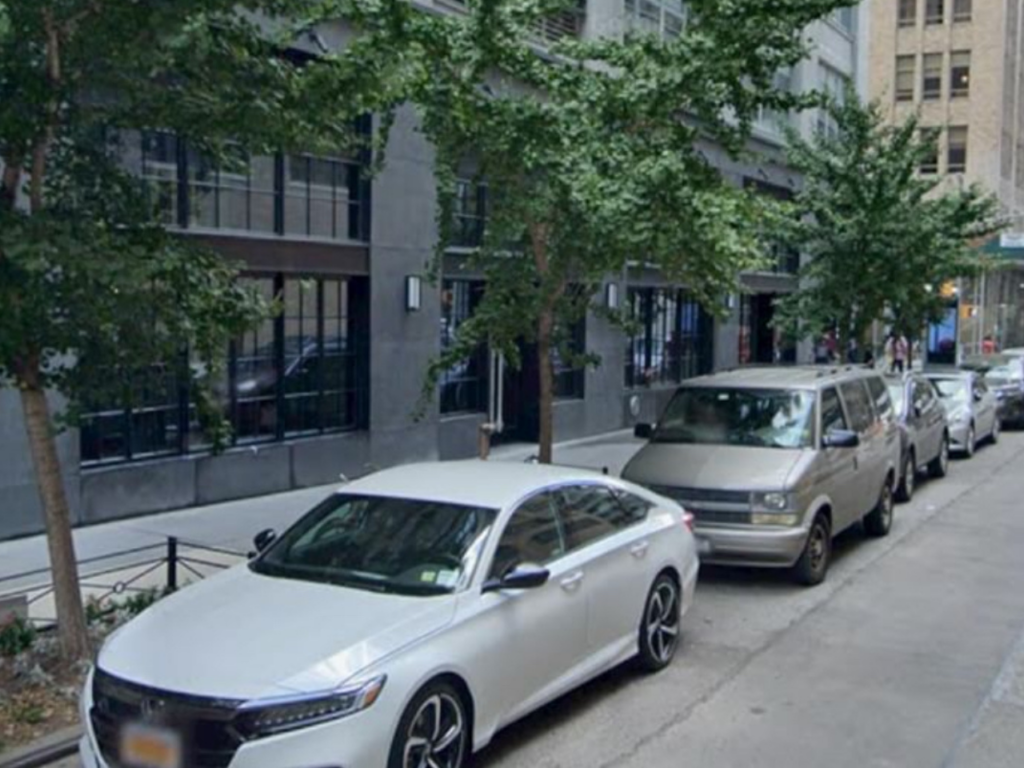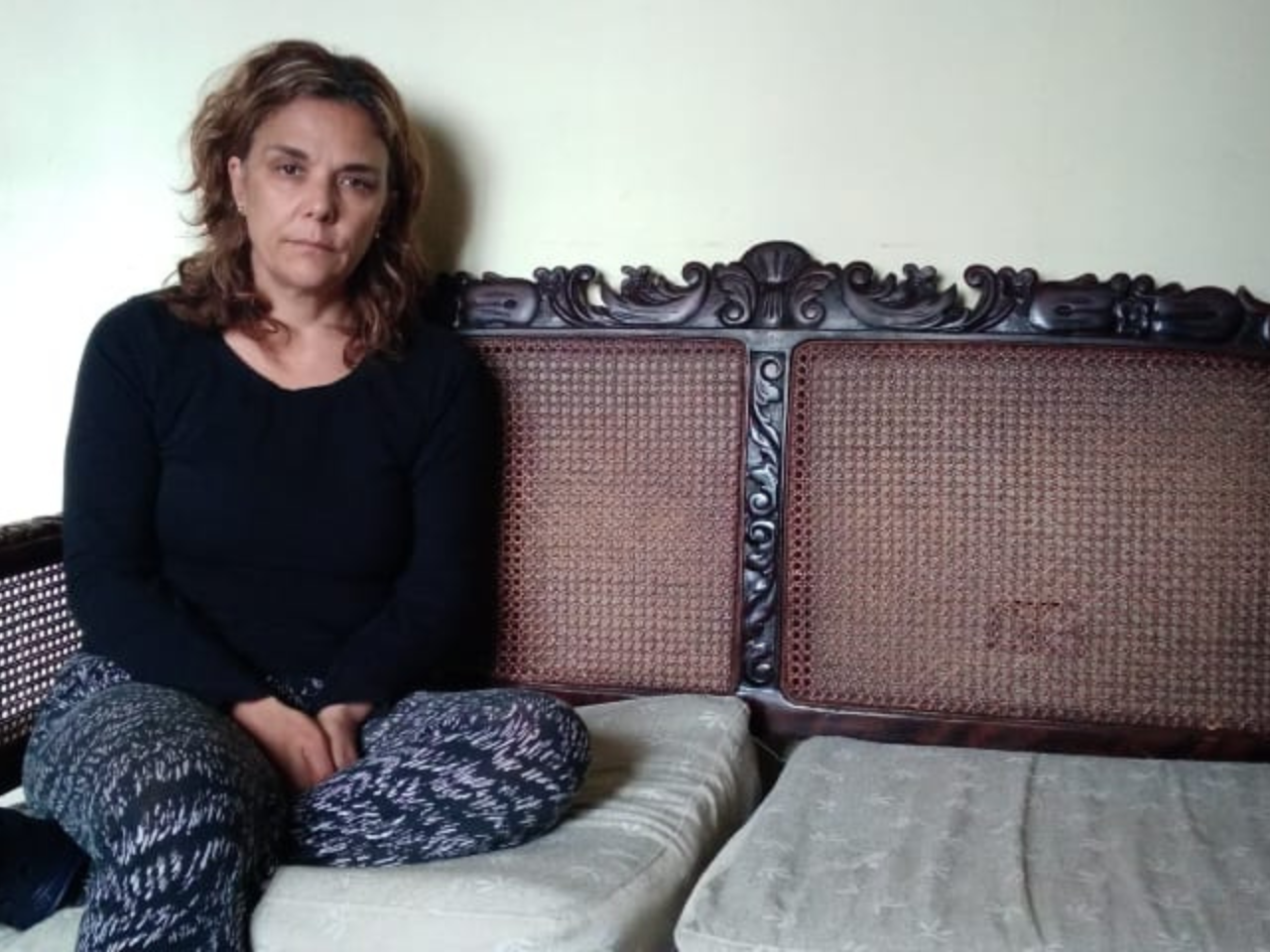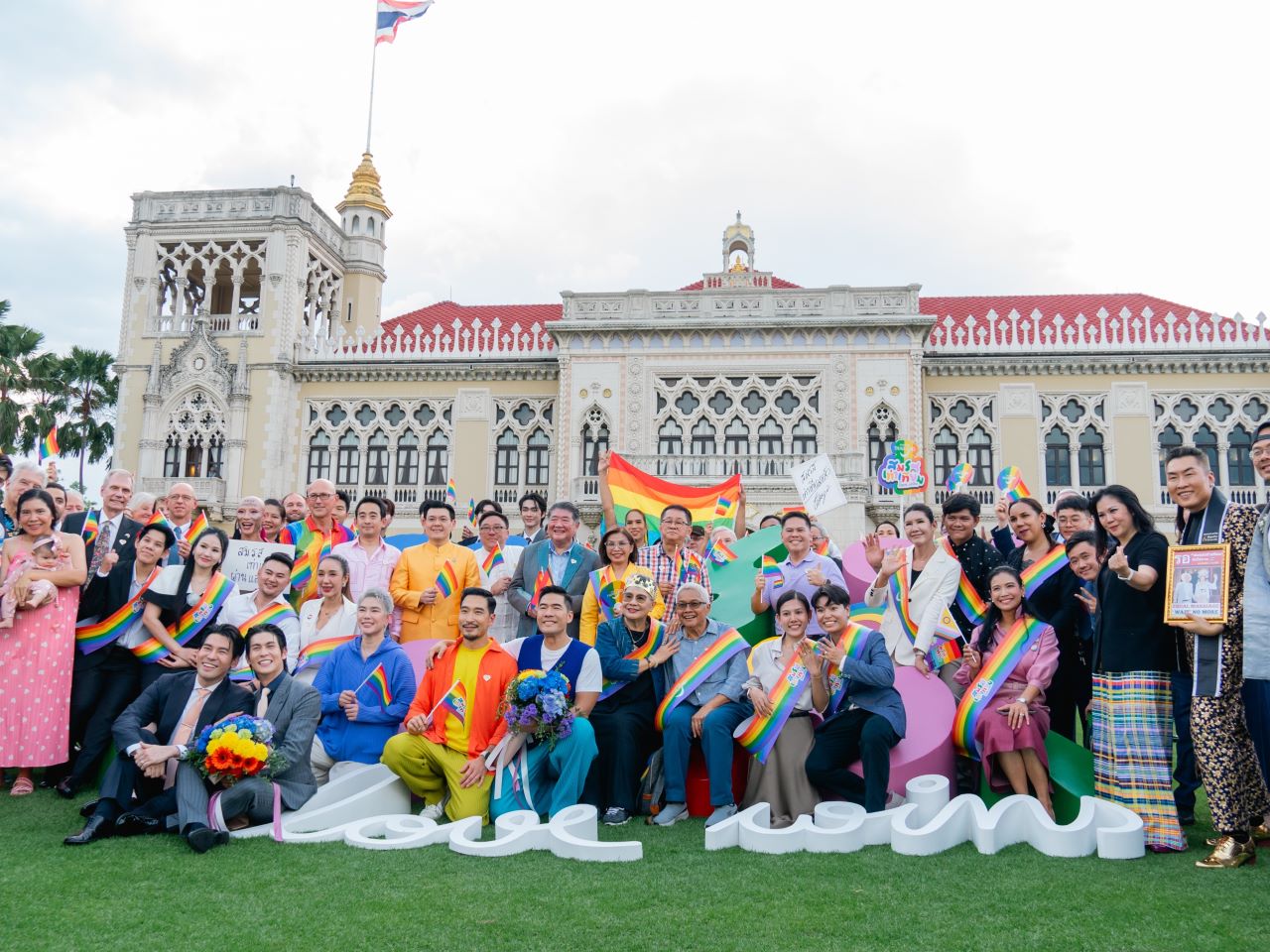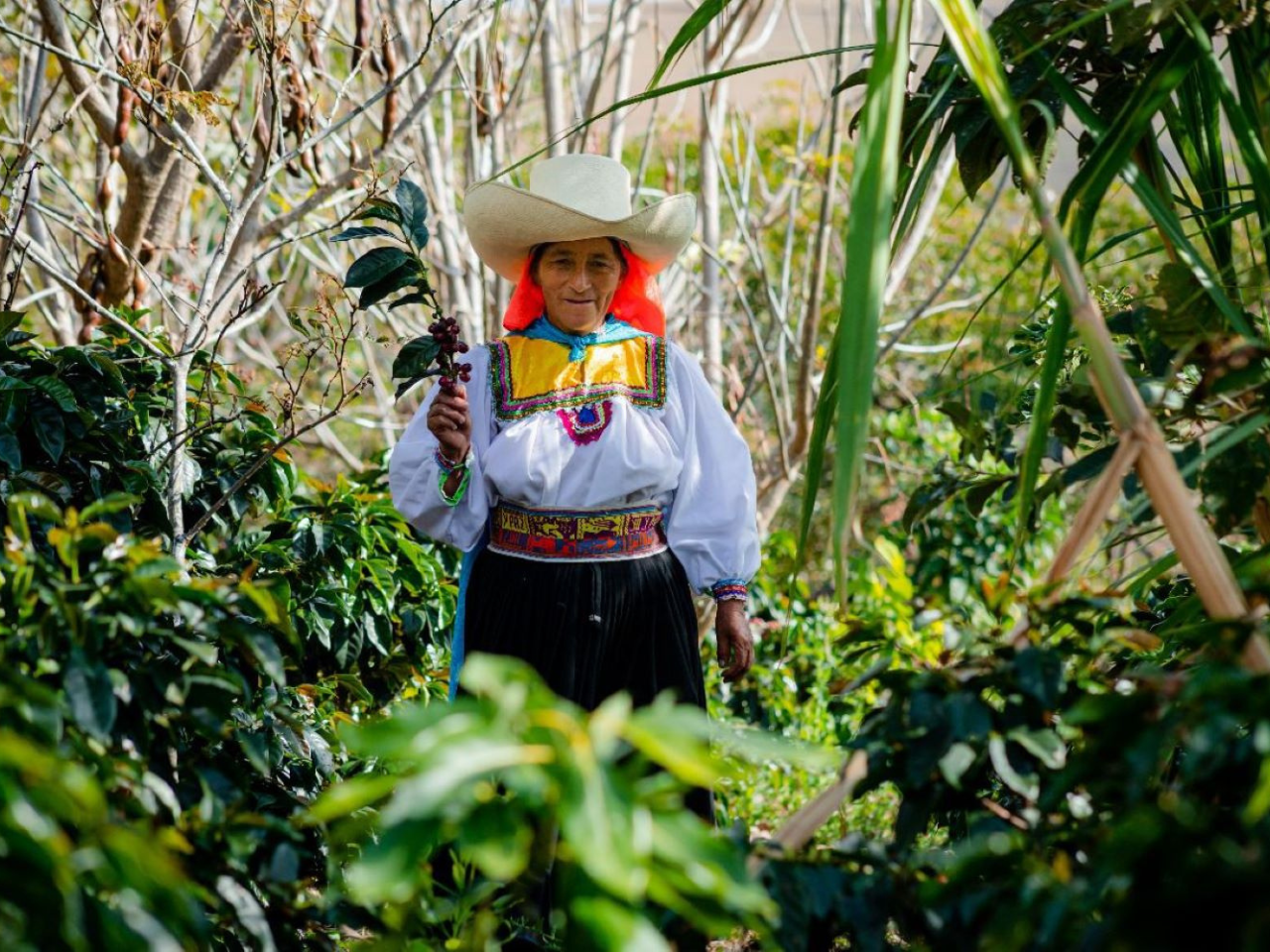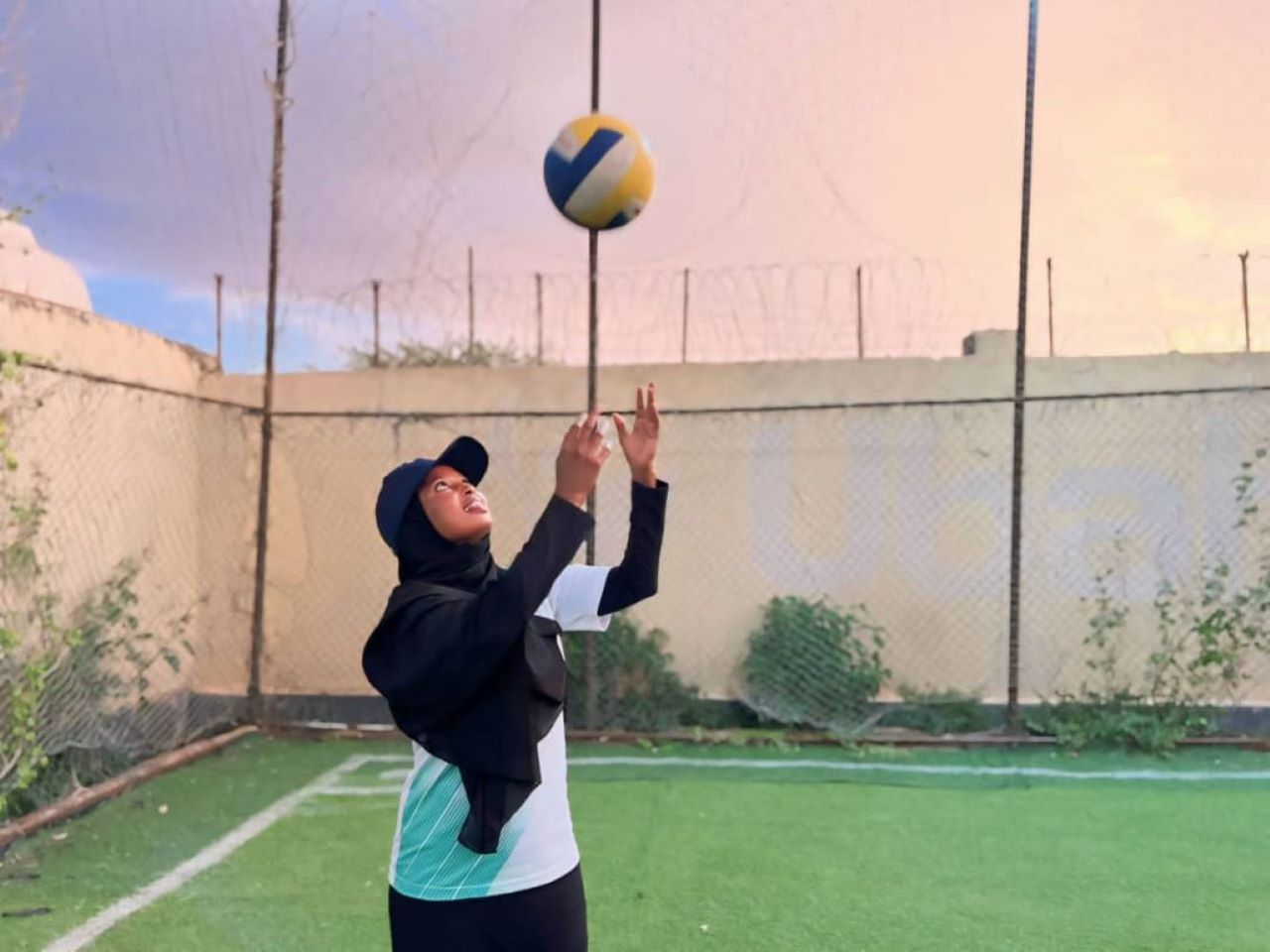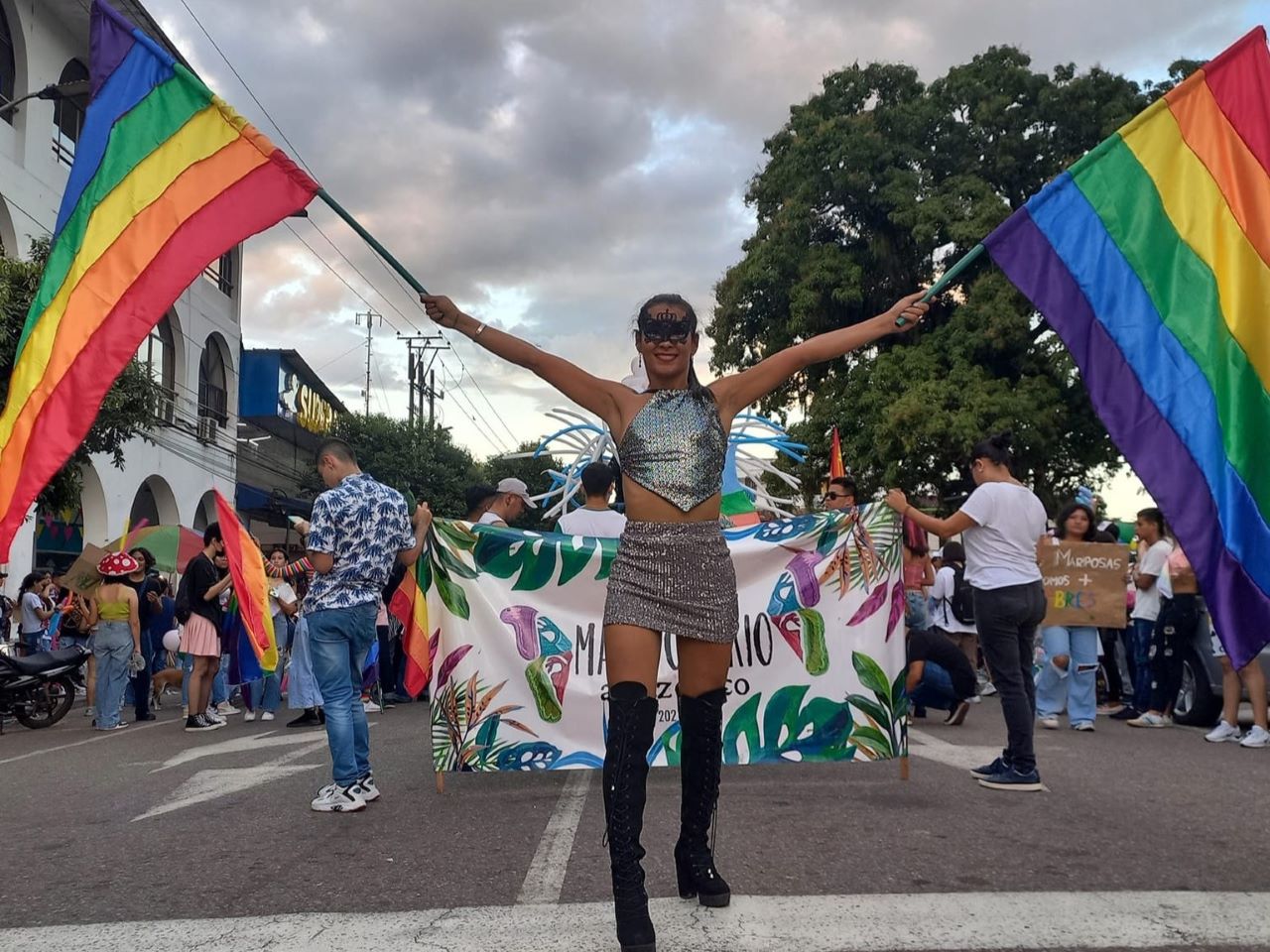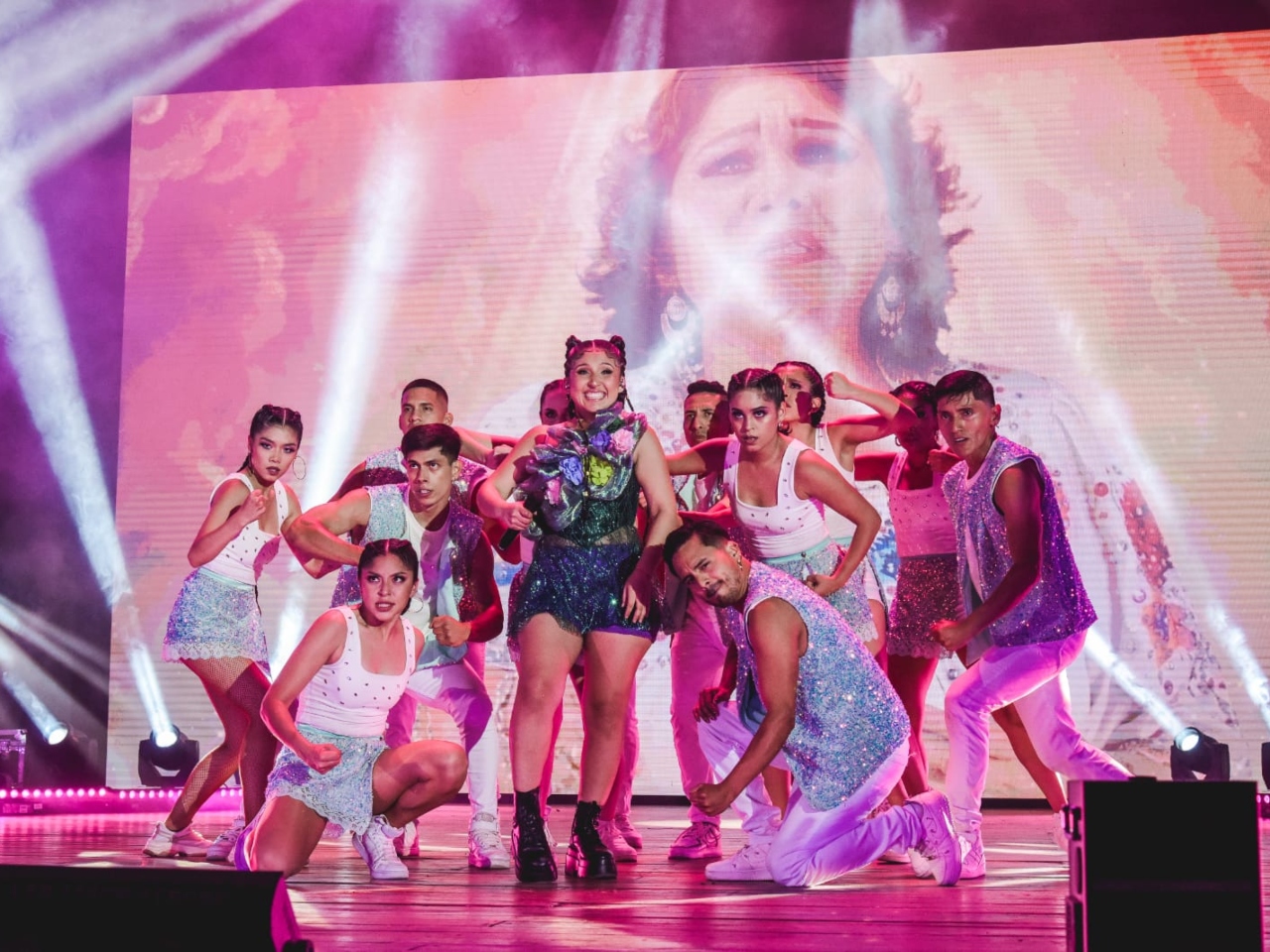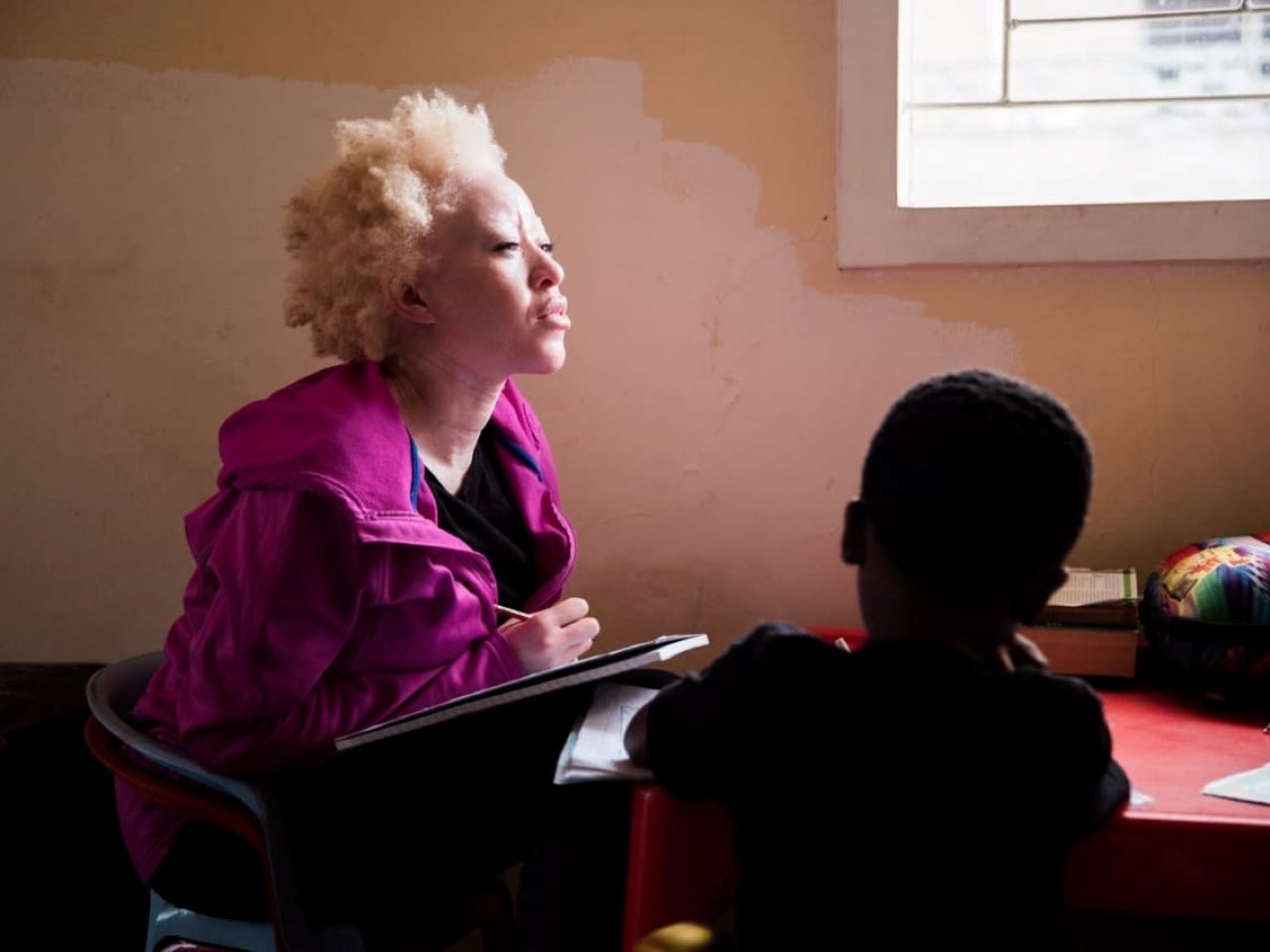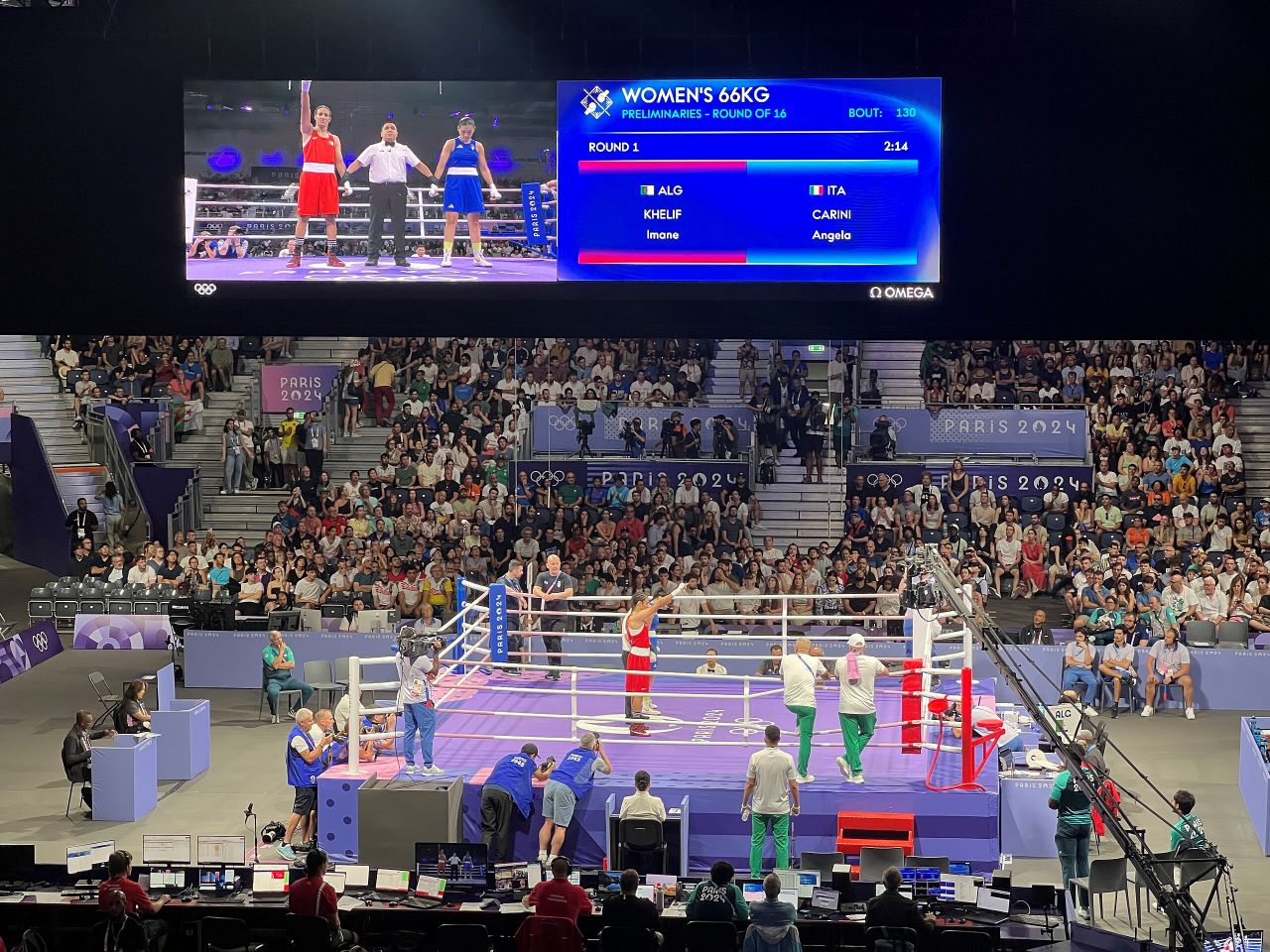New York City woman grapples with post-traumatic stress after violent attack on the streets
My shoulder slammed into a metal fence, catching painfully as my assailant fled. I impulsively wanted to chase the person, but my trapped shoulder held me back. I saw a shadow slipping into the darkness with no features, just an outline fading away.
- 1 year ago
November 3, 2024

NEW YORK, United States — After a long day’s work, I stepped outside as the quiet of the night settled around me. The streets felt as familiar as ever. Just a few blocks from home, someone suddenly yanked my hair, shattering the calm. I felt confused as I struggled to grasp what was happening. Everything turned violent in an instant. It felt like being dragged underwater, caught in a force I could not fight, disoriented and powerless.
Read more stories from North America at Orato World Media.
My attacker vanished, leaving me grappling for answers
The force of the tug sent me sprawling onto the pavement. My shoulder slammed into a metal fence, catching painfully as my assailant fled. I impulsively wanted to chase the person, but my trapped shoulder held me back. I saw a shadow slipping into the darkness with no features, just an outline fading away. Freed from the fence, I leapt up, heart racing, and shouted for help. My voice was raw with fear and desperation.
A couple of young guys lingering nearby heard me shouting and came over. They pointed out I was bleeding. “Wow,” I muttered, stunned. Adrenaline masked the pain. I did not even noticed the blood or my injuries. That realization brought the pain rushing in. The boys took off in the direction my attacker went, hoping to catch him. They checked a nearby bar, thinking he may be hiding inside.
Later, they took me to rest and bandage my wounds, while confusion clouded my thoughts. An attack like that—sudden, senseless—leaves you reeling, grasping for answers. At the bar, I asked to call 911. I needed the police to handle this, to find whoever attacked me. Time felt meaningless; I could not tell how long anything took, just that things were happening around me, fast or slow, without my grasp. When the police arrived, their questions felt muffled, like I was in a bubble.
As they questioned me, my journalist instincts kicked in. I began piecing things together, asking questions directly to myself and to the officers and the paramedics. The young men returned and mentioned another girl nearby who had also been attacked and was now under questioning. They revealed few details, but I worked to connect what little I knew, constructing a puzzle of unanswered questions in my mind.
While struggling with PTSD, support has poured in
About an hour later, or so it seemed, they took me to the hospital. As the adrenaline faded, pain flared where I was bruised as if they just appeared. Right away, I grabbed my phone and messaged my colleagues, warning them to be cautious on the streets. I could not shake the worry that someone else might go through this.
I am active on social media and have seen countless videos of women sharing stories of unprovoked attacks, strangers hitting them on the street for no reason. It struck me how dangerous the city became. [Seeing those stories] I became extra vigilant, scanning my surroundings before stepping outside. With my phone in hand, I was ready to call for help. Yet, deep down, I believed it would not happen to me. I empathized with and supported those women, but never imagined I would be among them until it happened.
My injuries turned out to be minor, but since that night, I have dealt with post-traumatic stress. Stepping outside fills me with fear, and sleep becomes elusive. Memories of the attack surface in unsettling flashes. Even during daily tasks, they leave me trembling. This trauma is far worse than any physical wound. Coping with it becomes a daily battle. Now, I only go out during the day and even then, it is rare and brief. I mostly travel by car. As soon as the sun sets, I make sure I am home, staying there until morning.
After sharing my story on TikTok, the support poured in, especially from women. Many victims of similar attacks in New York reached out, sharing stories often ignored. Their resilience moved me, and I realized I could amplify their voices. This has become my mission: to bring these stories forward, advocating for change and inspiring reform. Something good can come from this terrible experience.

